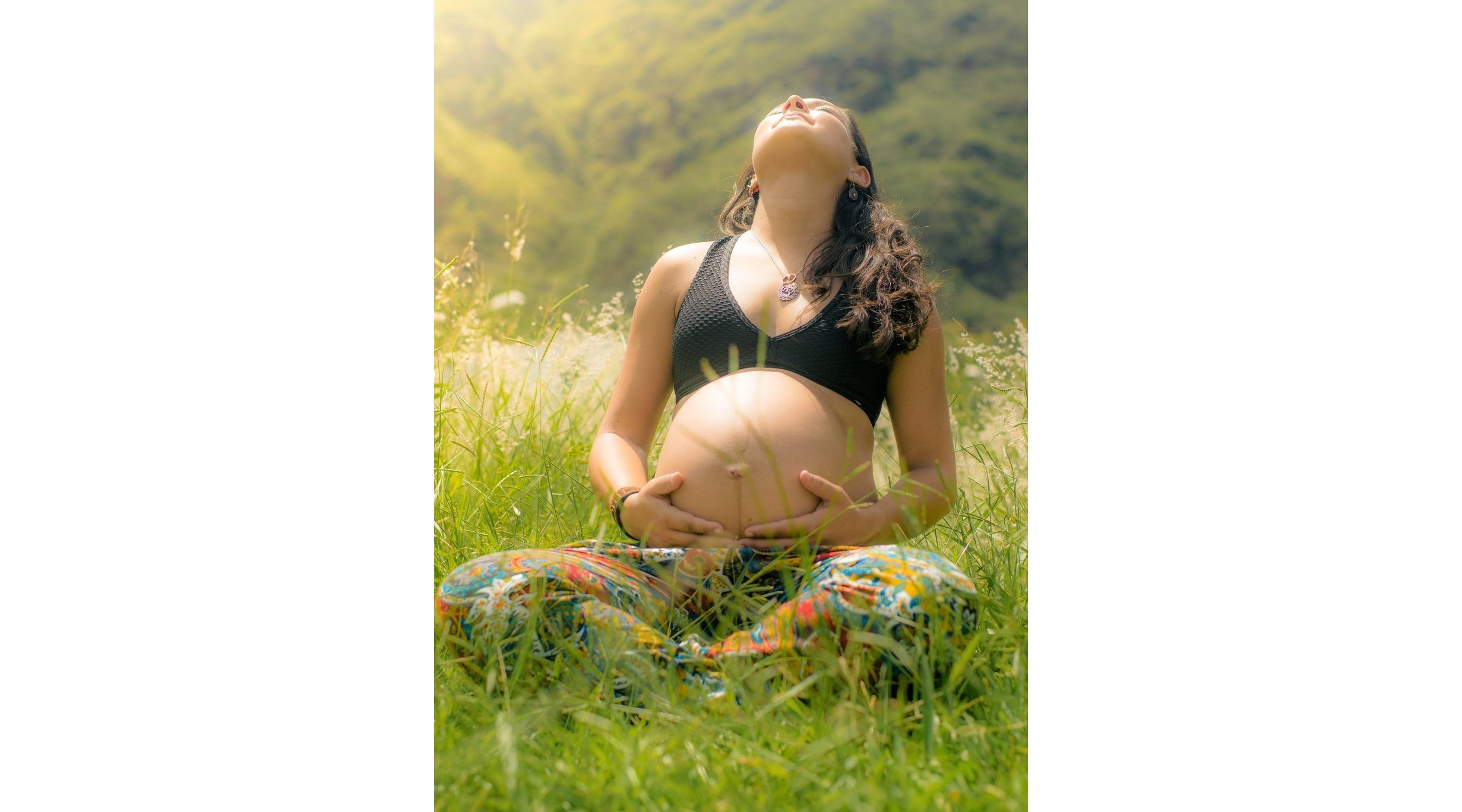
Eat Right During Pregnancy
Mom’s prenatal diet and the foods she provides to her children have a long term impact, affecting not only the child’s health, but the child’s behavior and even intelligence down the road. Poor diet and inadequate nutrition are factors of pregnancy complications such as preeclampsia or gestational diabetes, as well as postpartum challenges such as insufficient breast milk and behavioral issues in children. But with more mothers taking initiative with their own holistic health, we have the opportunity to turn the tide.
Dietary tips for optimal maternal and child health
Eat folic acid during pregnancy
...and make sure your young children do too, because this vitamin of the B complex is essential to neural development. A 2013 long-term study by NURTRIMENTHE found folic acid to reduce the likelihood of behavioral problems in early childhood.
How do you get it? Although it is found naturally in whole grains, green leafy vegetables, beans, bananas, broccoli, and milk the advice is to also take a daily folic acid supplement with 400 mcg pre-pregnancy and for the first three months of pregnancy.
Eat quality fats
...especially essential fats such as omega-3 fatty acids, because are the building blocks of the human brain.
How do you get it? Up your intake of flax seeds, walnuts, salmon, sardines and mackerel.
Make sure you’re getting enough iodine.
The mineral iodine was shown by the 2013 long-term study to have a positive effect on reading ability in children when measured at age nine.
How do you get it? Eat sustainably harvested sea foods and otherwise use iodized table salt. Try this delicious Red Chili Salmon recipe rich in both omega-3 and iodine.
Fill your diet with protein.
According to Dr. Brewer and his important work in the 1950’s and 60s, the cause of pre-eclampsia is an abnormal blood volume, caused by malnutrition and particular a deficit in protein. In his comprehensive pregnancy diet, he recommends that women eat 80-120 grams of protein every day to avoid this and other complications.
How do you get it? Every 1 – 2 hours throughout the day, eat a variety of high-quality eggs, meat, fish, tofu, beans, nuts or cheese. Learn more about the Brewer Diet.
Eat calcium-packed foods.
Calcium also lowers your risk of developing preeclampsia, and works to maintain solid bone density and prevent osteoporosis later in life.
How do you get it? Drink milk or calcium-fortified juice, and eat more almonds, sesame seeds, soy products, green leafy vegetables, seaweed, sardines, and broccoli. You can also take a daily calcium supplement.
Get your Vitamin C!
Vitamin C is linked to healthy birth weight and decreased risk of premature rupture of the membranes. It is essential for the production of collagen, which gives strength to your baby’s cartilage, muscles, blood vessels, and bones, but it can’t be stored, so make sure you consume enough daily.
How do you get it? Vitamin C is found in most fruits and veggies! You can also supplement Vitamin C in your diet with a tablet.
Eat a diet rich in Iron.
Since iron helps generate blood supply, it’s a nutrient you’ll need plenty of to ensure you are generating enough new blood for you and your baby.
How do you get it? Eat plenty of red meats, fish, and poultry as your body absorbs the most iron from these heme sources. If you are vegetarian however, then spinach, lentils, beans, whole grains and dried apricots are good sources of non-heme iron. The body needs vitamin C to aid the absorption of iron, so as always eat plenty of fresh fruit and veggies to accompany your iron food intake. In addition, consider taking an iron supplement.
Play Outdoors.
Doesn’t seem like nutritional advice? Well, it is! Both pregnant women and children need Vitamin D for maintaining healthy teeth and bone structures, and one of the biggest sources of this essential vitamin is sunlight!
How? Take a few minutes out of your day every day to take a walk around the neighborhood or play with the kids in the park.
Food is medicine, and eating a balanced diet, especially during pregnancy, will serve moms and their families for years, even generations, to come. Although malnutrition is a pervasive health issue that affects millions today, it is not insurmountable.
Curious about what you should NOT eat? Check out the article Fact Or Fiction: What Foods To Ditch When You Have A Baby In Your Belly
Sierra Brashear, MA is a Certified Ayurvedic Practitioner, DONA-trained doula, herbal alchemist, wellness educator and founder of Vibrant Souls yoni steams. Inspired by the rhythms and elements of nature, Sierra weaves her knowledge of Ayurveda into the products and lifestyle design programs she offers. She invites you to join her 16-week program, The Art of Fertility | Journey to Conception — to clear toxins and nourish your mind and body in preparation for an easeful conception and healthy pregnancy. Sierra is also co-founder of Cultivate Balance and Moon Bath, and lives in Boulder, Colorado.



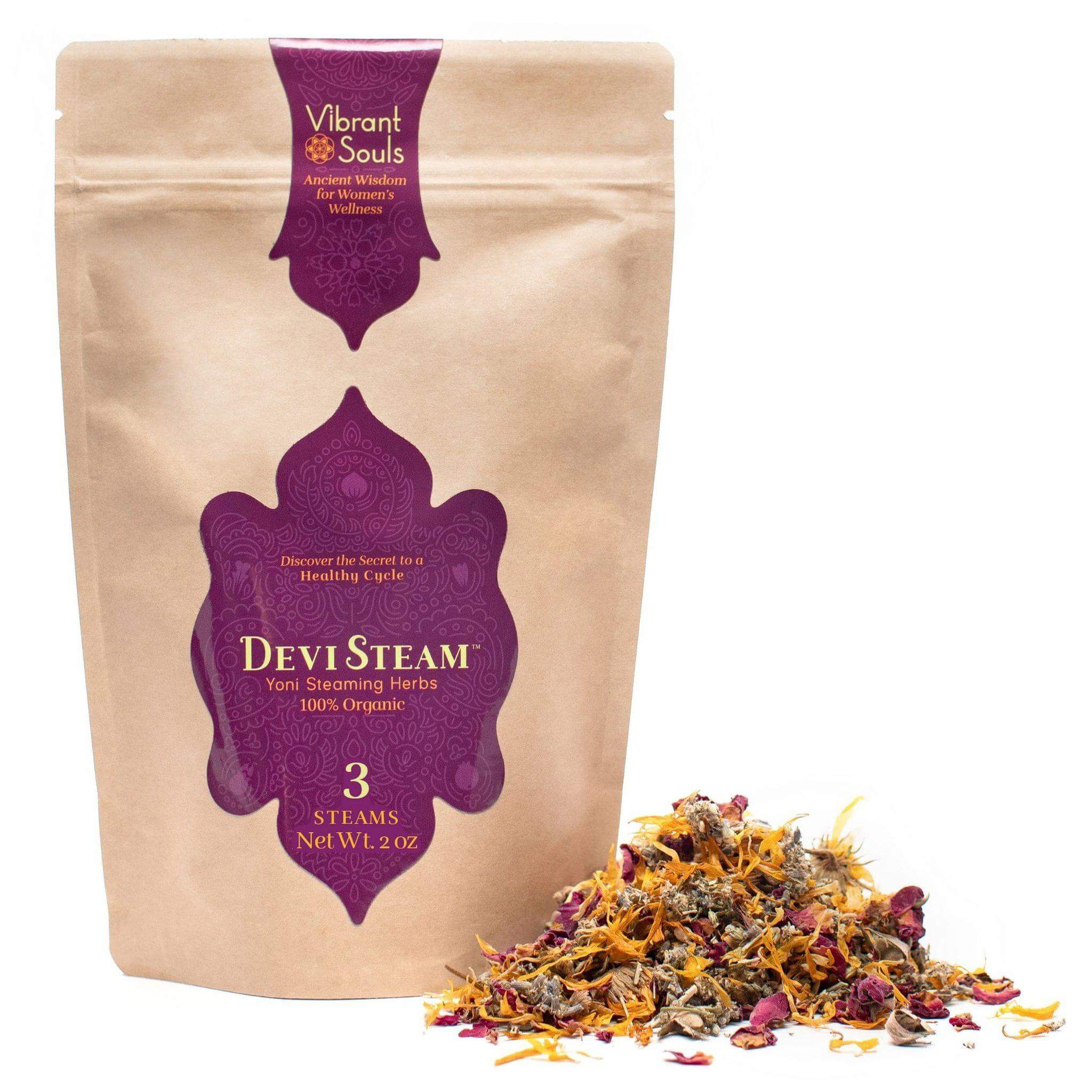
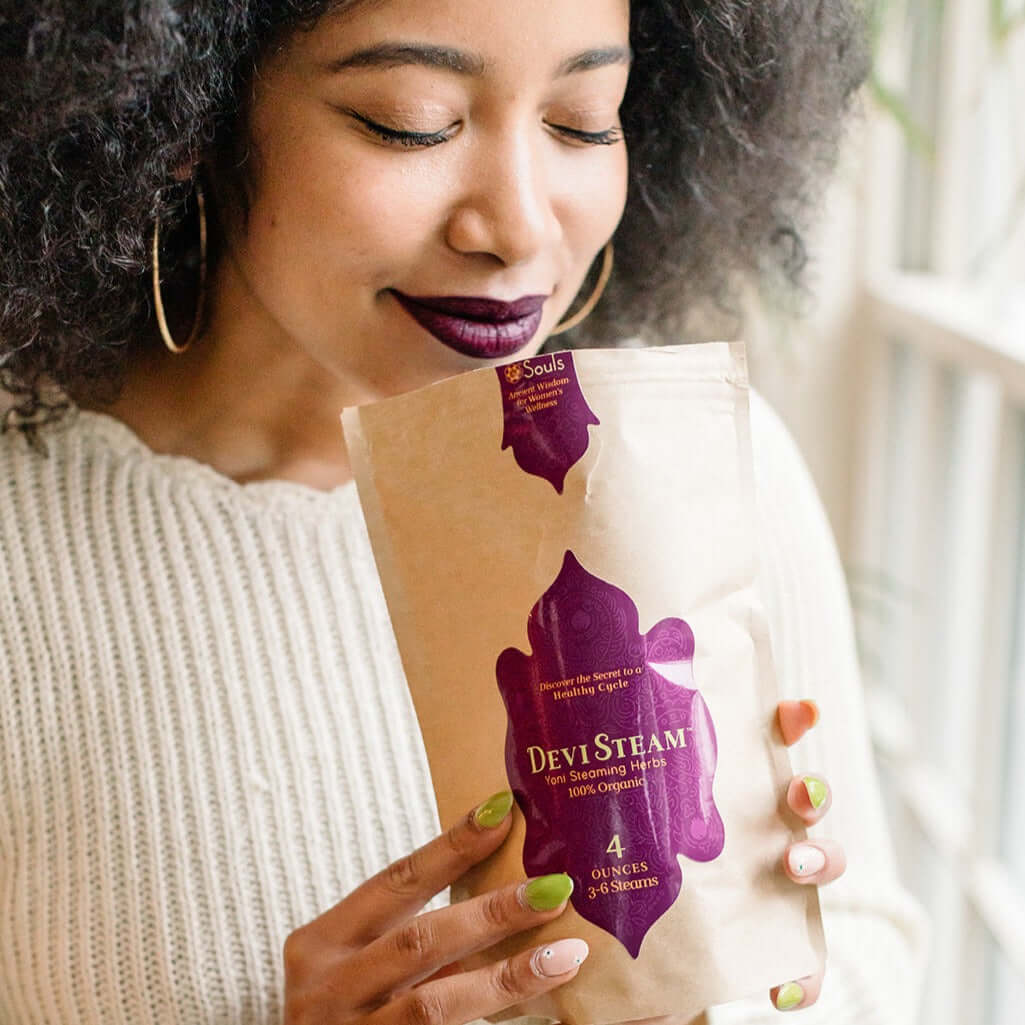
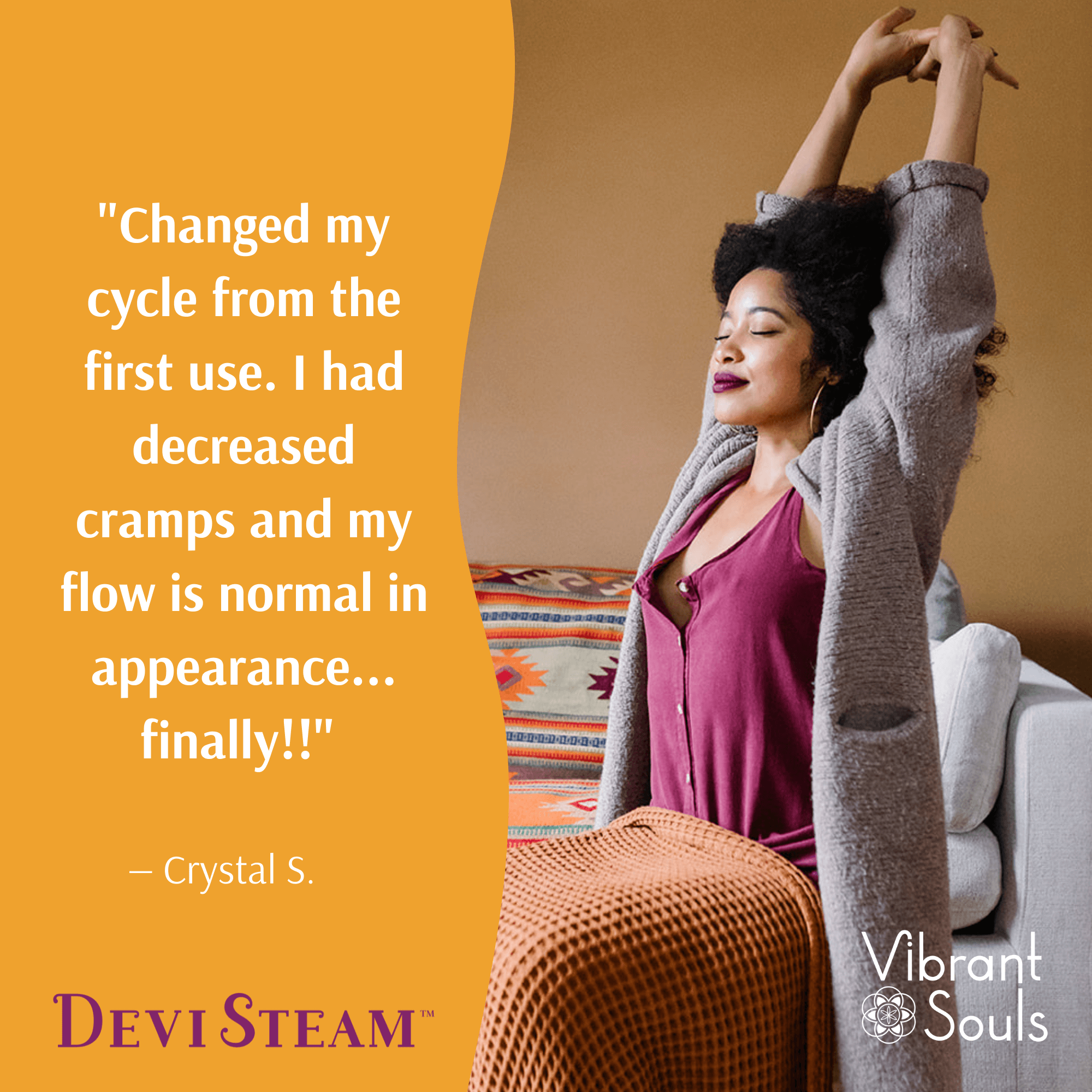


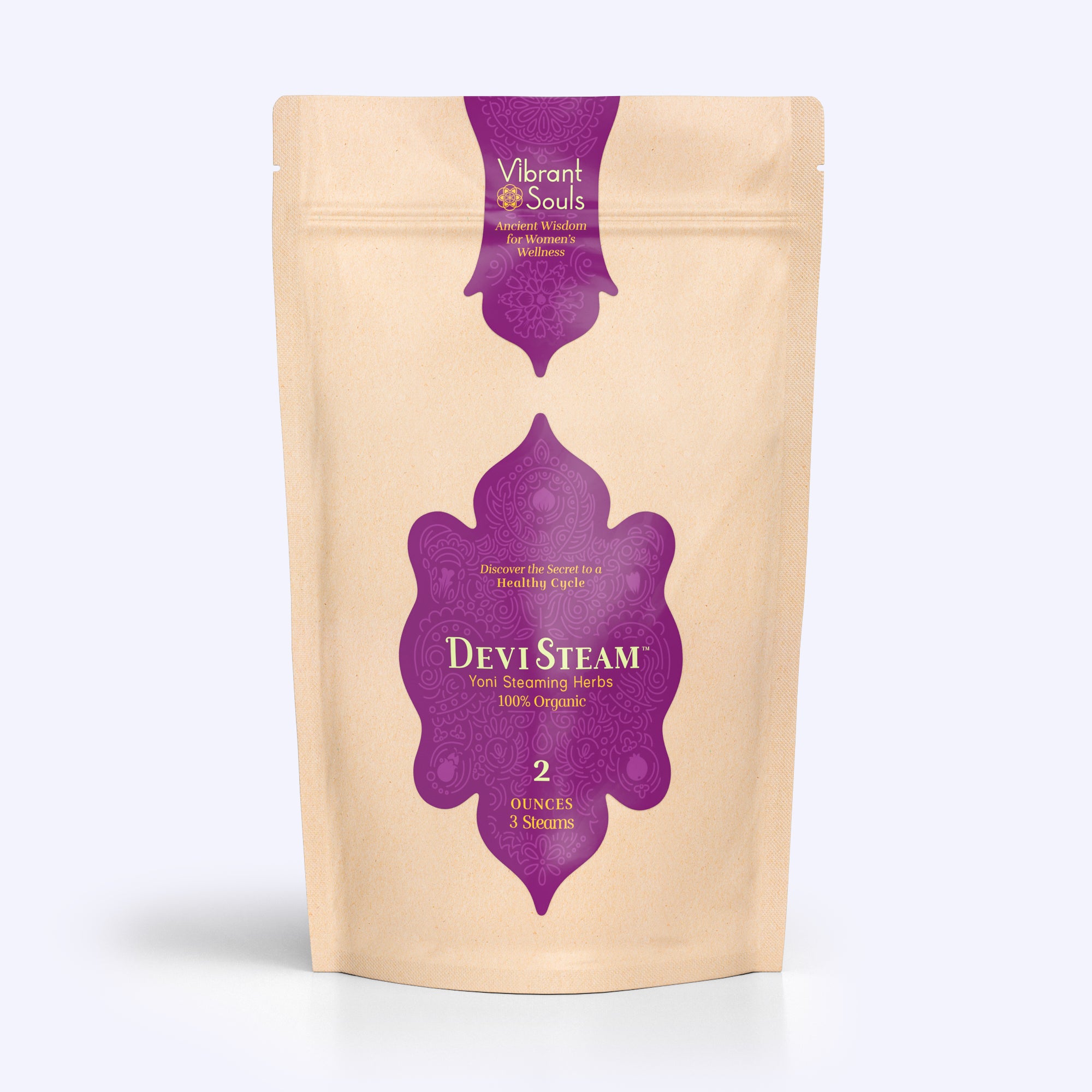
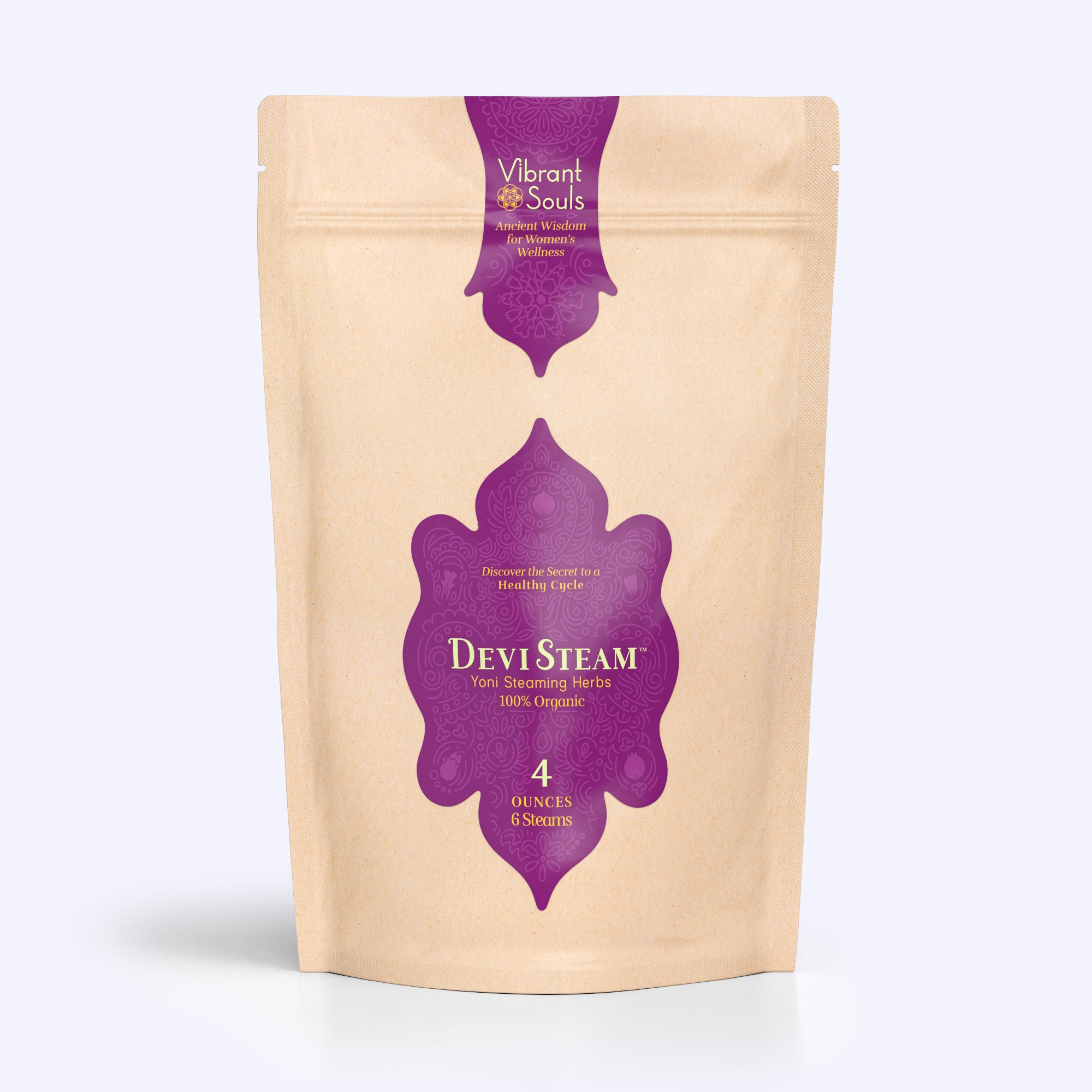
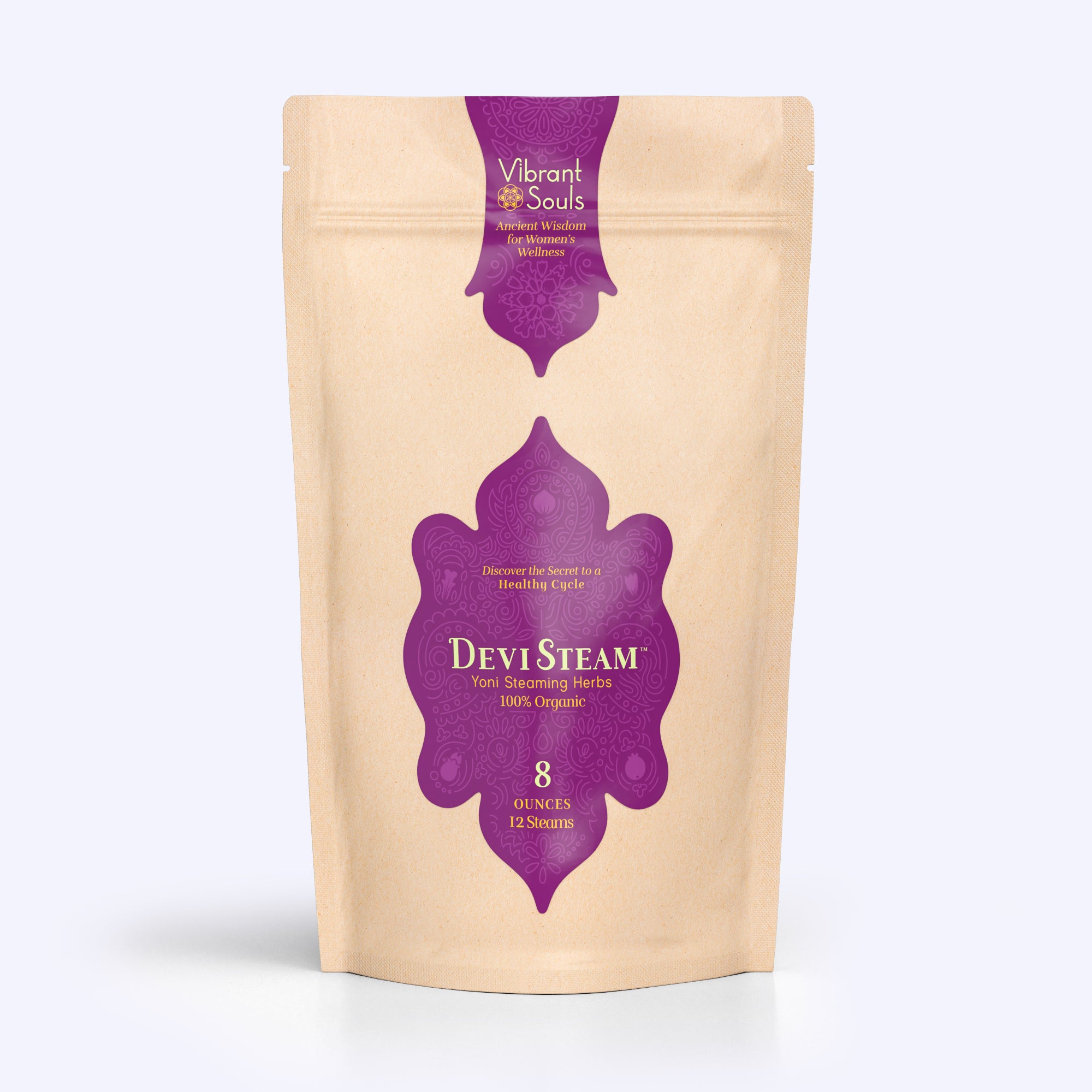
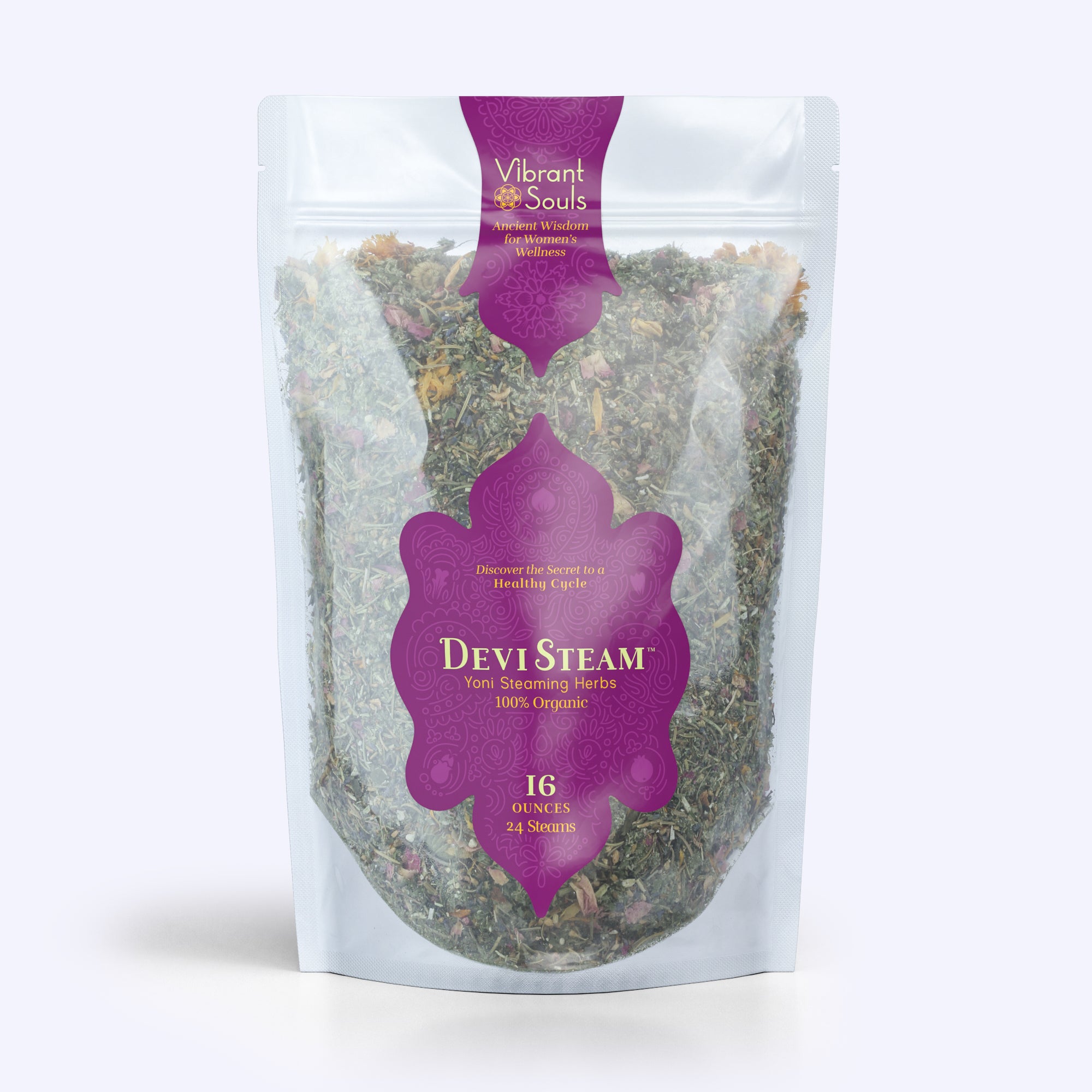
Leave a comment
This site is protected by hCaptcha and the hCaptcha Privacy Policy and Terms of Service apply.